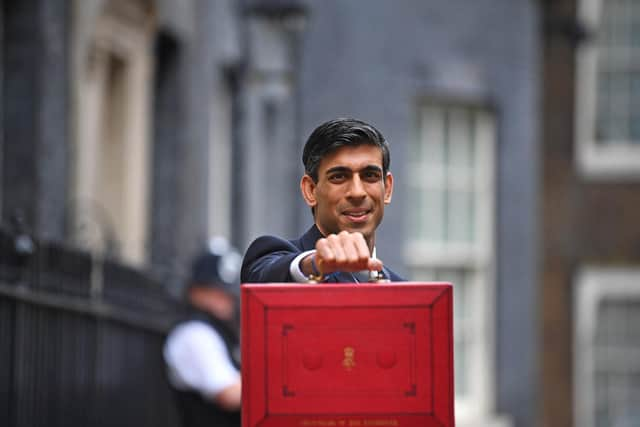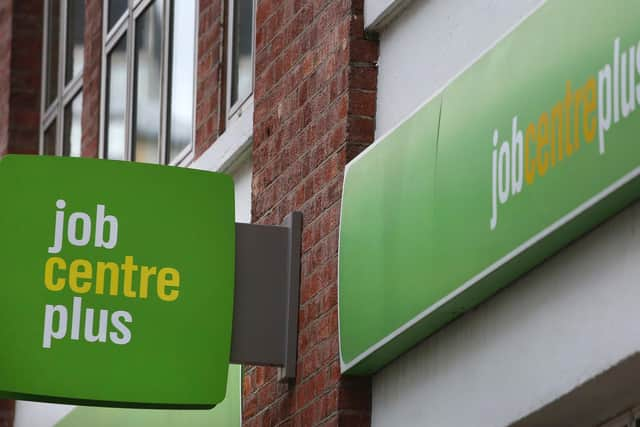Rishi Sunak must make talk of levelling up for the North a reality - Andrew McPhillips
Among the Chancellor’s main concerns will be the slew of recent economic data, including GDP figures which show the impact of the first lockdown on economic output across UK regions.
Here in Yorkshire, the economy shrunk by almost four per cent in the first quarter of 2020, dropping by a further 19 per cent in the second quarter of the year as lockdown restrictions took hold.
Advertisement
Hide AdAdvertisement
Hide AdUnsurprisingly, accommodation and food service businesses were hit hardest, with output down by around 75 per cent, followed by construction at 40 per cent.


Productivity in the UK has lagged behind our international competitors for some time now, with levels here in the North even lower than the national average. It’s a serious problem – and one that has been exacerbated by Covid.
Output per hour worked dropped by 1.1 per cent across the whole economy at the end of 2020 when compared with 2019.
It is worth noting, however, that despite the overall decrease, aggregate manufacturing and construction recorded increases of 1.7 per cent and 4.5 per cent respectively – though this could have included some element of catching up from disruption earlier in the year.
Advertisement
Hide AdAdvertisement
Hide AdClearly, some of this lost productivity will be temporary and will return as restrictions on capacity in hospitality and other workplaces are lifted. Indeed, some ways of working that have become more widespread over the last year, such as video conferencing, are likely to continue and may deliver a permanent boost to productivity.


Learning these lessons will be crucial. After all, driving up productivity is critical both to leading a recovery in the coming months, as well as rebalancing the economy in the long term.
No doubt the Chancellor is already feeling some pressure to bring balance to the public finances, following the unprecedented levels of spending on support packages.
However, this must not be at the expense of measures that will genuinely boost future economic performance.
Advertisement
Hide AdAdvertisement
Hide AdEncouraging investment and R&D must be high on the agenda if we are to stimulate growth in the months and years ahead, though it’s more likely this will be through tax incentives rather than grants.
This must not, however, entrench existing regional disparities, given that for decades the vast majority of investment has been channelled into the so-called ‘golden triangle’ between London, Oxford and Cambridge.
Lastly, the Chancellor faces a mammoth challenge in stemming the rising tide of unemployment. At the end of 2020, 138,000 people were recorded as unemployed in Yorkshire and the Humber, a rate of 5.1 per cent which is roughly the same as the UK average.
Despite significant support measures put in place to help back jobs, this is an increase of 15 per cent in the number of unemployed from December 2019.
Advertisement
Hide AdAdvertisement
Hide AdThe furlough scheme is scheduled to close at the end of April yet many businesses, mainly those where people gather indoors, are not expected to open until mid-May at the earliest.
It is crucial, therefore, that temporary support measures are extended at least until the summer to avoid catastrophic levels of unemployment.
It is now time for talk of rebalancing, levelling up and other political soundbites to become a reality. A real economic recovery plan that all people, across all areas of the country, can benefit from.
Andrew McPhillips is the chief economist at the Northern Powerhouse Partnership.